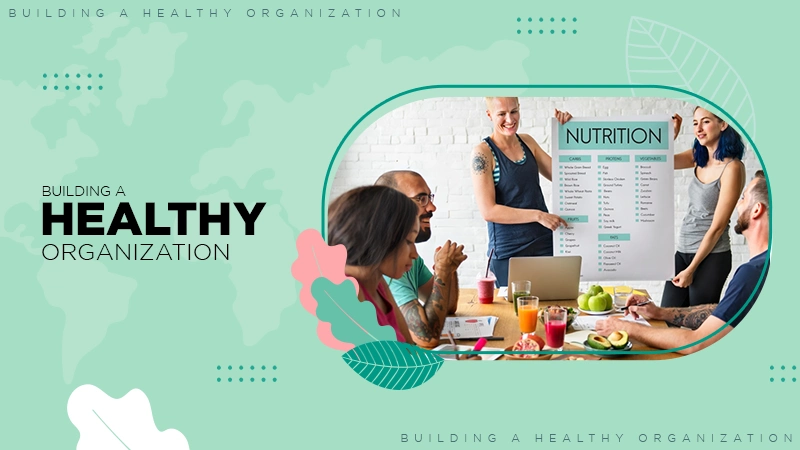As individuals age, their needs change—not just medically, but physically, emotionally, and socially. In elderly care, one size rarely fits all. From mobility aids to bathing supports, the role of custom equipment is pivotal in providing care that is not only effective but respectful of each person’s dignity and independence.
Meeting Individual Physical Needs
No two elderly individuals are alike. While one may have arthritic joints, another may live with Parkinson’s disease, a hip replacement, or general age-related frailty. These differing conditions affect balance, coordination, flexibility, and strength in unique ways.
Standardised equipment, though widely available, often fails to address these variations. For example, a generic walker may be too high, too low, or lack sufficient wrist support. Custom equipment, however, is specifically designed or adjusted to match the user’s height, grip strength, mobility level, or rehabilitation needs, making everyday activities safer and more manageable.
Preventing Injury and Ensuring Safety
Falls and accidents are among the most serious risks for the elderly. In 2023–24, Australians aged 65 and over were hospitalised due to falls at a rate nearly 12 times higher than adults aged 25 to 44. Ill-fitting wheelchairs, slippery shower chairs, or narrow walking frames are just some examples of equipment that can lead to avoidable injuries.
Custom equipment takes a preventative approach. It considers not only the person’s body but also their home environment, common movement patterns, and specific risks. Tailored features—such as non-slip surfaces, adjustable support angles, or enhanced weight distribution—can drastically reduce the likelihood of incidents and promote confidence in movement.
Preserving Independence and Dignity
One of the greatest concerns older adults face is the loss of independence. Custom equipment allows them to continue engaging in daily activities, bathing, dressing, eating, or getting out of bed, without always relying on others.
When equipment is made to fit seamlessly into an individual’s routine and abilities, it promotes self-reliance. Whether it’s a raised toilet seat adjusted to a precise height or cutlery designed for tremor control, these small personalisations can make a profound difference in enabling older adults to retain their autonomy and dignity.
Holistic Integration into Lifestyle and Environment
Custom equipment is not only about function—it’s also about fit within the user’s lifestyle and living space. Off-the-shelf aids may be too bulky for a small bathroom or too clinical for a cosy living room.
Personalised solutions, such as thoughtfully tailored daily living and mobility solutions from Safety and Mobility, can be designed to match aesthetic preferences, spatial constraints, or cultural sensitivities. This helps reduce resistance to equipment use and supports a more positive, seamless care experience.
Supporting Long-Term Comfort and Health
Comfort in elderly care isn’t merely about luxury; it’s essential for long-term health. Equipment that does not suit the user can cause postural strain, pressure injuries, and muscle fatigue. Over time, these issues contribute to more serious complications, such as pressure ulcers or joint misalignment.
Custom-designed aids, such as pressure-relief cushions or ergonomically configured wheelchairs, are built to distribute weight evenly, support correct posture, and accommodate chronic conditions. This enhances comfort while also preventing secondary health issues that may arise from using poorly fitted tools.
Adapting to Changing Needs
Elderly care is rarely static. A person’s condition may change due to illness, surgery, or natural progression of ageing. Custom equipment offers the flexibility to adapt alongside the user’s evolving requirements.
Rather than discarding and replacing equipment as needs shift, modular or customisable designs can be adjusted—whether by adding accessories, modifying dimensions, or upgrading components. This approach not only ensures continuity of care but is also more economical in the long run.
Tailored Equipment, Empowered Lives
Custom equipment matters in elderly care because it puts the individual at the centre of every decision. It responds to their specific challenges, evolves with their needs, and respects their desire for independence, safety, and comfort.
In an ageing world, this level of personalisation is not a luxury—it’s a necessity. By embracing tailored solutions, we not only improve care outcomes but also empower older adults to age with dignity, confidence, and quality of life.










